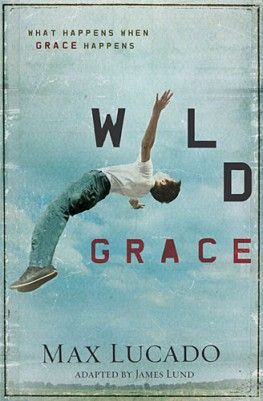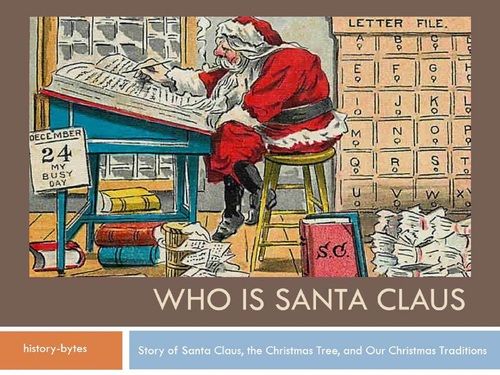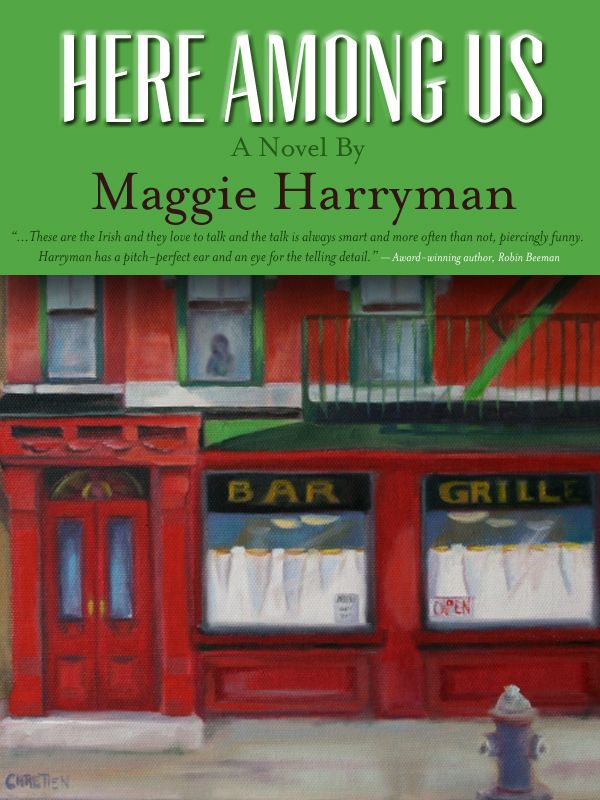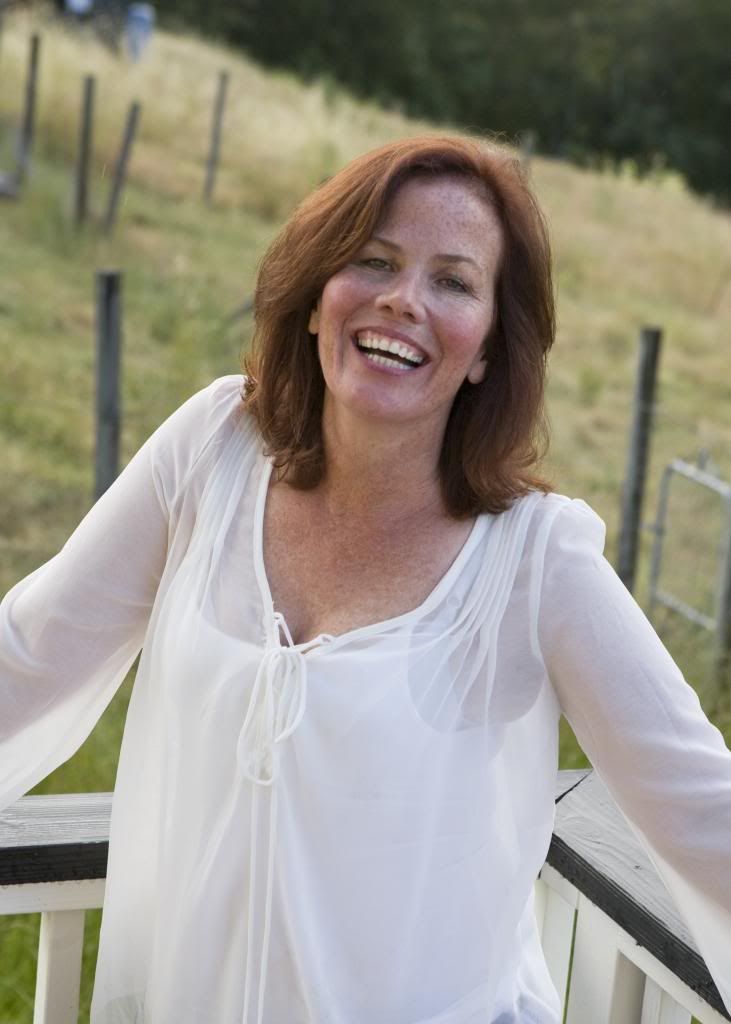No, she was looking at him not with adulation or adoration or even infatuation. It was something else, something he couldn't put is finger on. Whatever it was, he believed it to be genuine.
-from Adulation by Elisa Lorello
My favorite genre to read for fun is "smart chick lit"; however, the term "smart" is fairly relative which makes finding the perfect relaxing book to read somewhat difficult. I don't shy away from mindless romantic reads, but I definitely get more excited when I have a sweet, mushy book that I can also analyze from a literary perspective and requires me use my brain. Without fail, every single one of Elisa Lorello's books have delivered what I consider to be the perfect recipe for smart chick lit, and her fourth novel, Adulation, is no exception.
In Adulation, Danny Masters is a famous screenwriter and Sunny Smith is one of his biggest fans. When they meet at a premiere for one of his films, Danny becomes enamored by Sunny (see quote above). At the Q-and-A after the screening, Danny makes a rude comment about his fans and Sunny, offended and appalled, takes the opportunity to give him a piece of her mind. Unfortunately for her, the confrontation is caught on film and goes viral. The subsequent stories of Danny and Sunny parallel each other and the idea of adulation is explored: Danny being addicted to the spotlight and Sunny doing everything she can to avoid it. What unfolds is a smart, funny and heartwarming story about two parallel lives you'll be praying will intersect again the whole time you're reading.
As I've mentioned before (in this review and others), Elisa Lorello has a gift for writing smart chick-lit. She delivers a sweet love story but doesn't sacrifice the plight of a strong female protagonist and not without giving us multiple layers of a story to dissect and analyze. What I found particularly impressive was the parallels she drew between Danny and Sunny as they went about their lives after meeting. Both characters are so different, almost complete foils of each other, and yet they go through very similar experiences independently. Both struggle with difficult pasts that unfold as the story progresses and have shaped them into the people they have become. They both struggle with their identity in their work, maintaining friendships, balancing relationships, and ultimately their struggles with adulation. I loved the little nuances that showed how similar Danny and Sunny's experiences were despite living such dramatically different lives. I feel that Lorello did a great job of stripping away Danny's celebrity and presenting him as not much different than normal, almost boring, Sunny.
Aside from excelling in creating a smart story, Lorello is even more talented at creating lovable characters. After every one of her novels I go into withdrawals, missing her characters like they're my own real friends (since I was in 6th grade this has always been a clear indicator for me of a great writer). I think the characters of Adulation might even be my favorite that Lorello has created. While Danny is a rich, talented and somewhat self-absorbed screenwriter, his good qualities also shine through enough to make him balanced and human. Readers learn just enough of Sunny's past and fear of the future to root for her and become excited as she stretches outside of her comfort zone to conquer a list of 40 things she must accomplish at the age of 40. Even the secondary characters steal the show, most notably Sunny's outspoken gay best friend Georgie, who is the driving force behind Sunny's metamorphosis. I loved Georgie like my own gay bffs!
Without spoiling the book for you, my only complaint is the end because I felt it finished much too abruptly. In one sense it was a perfectly suited ending to the story, but it wasn't completely satisfying. I can only hope that (much like my favorite Elisa Lorello book Faking It) we're going to get a sequel to this book. Fingers are most definitely crossed!
Bottom Line: If you love chick-lit, you need to read this! If you're picky about the chick-lit you read and prefer it to be smart, you really need to read this! If you got a Kindle for Christmas, you need to download your copy immediately! It's only a few bucks on Amazon!! 4/5 stars
As I've mentioned before (in this review and others), Elisa Lorello has a gift for writing smart chick-lit. She delivers a sweet love story but doesn't sacrifice the plight of a strong female protagonist and not without giving us multiple layers of a story to dissect and analyze. What I found particularly impressive was the parallels she drew between Danny and Sunny as they went about their lives after meeting. Both characters are so different, almost complete foils of each other, and yet they go through very similar experiences independently. Both struggle with difficult pasts that unfold as the story progresses and have shaped them into the people they have become. They both struggle with their identity in their work, maintaining friendships, balancing relationships, and ultimately their struggles with adulation. I loved the little nuances that showed how similar Danny and Sunny's experiences were despite living such dramatically different lives. I feel that Lorello did a great job of stripping away Danny's celebrity and presenting him as not much different than normal, almost boring, Sunny.
Aside from excelling in creating a smart story, Lorello is even more talented at creating lovable characters. After every one of her novels I go into withdrawals, missing her characters like they're my own real friends (since I was in 6th grade this has always been a clear indicator for me of a great writer). I think the characters of Adulation might even be my favorite that Lorello has created. While Danny is a rich, talented and somewhat self-absorbed screenwriter, his good qualities also shine through enough to make him balanced and human. Readers learn just enough of Sunny's past and fear of the future to root for her and become excited as she stretches outside of her comfort zone to conquer a list of 40 things she must accomplish at the age of 40. Even the secondary characters steal the show, most notably Sunny's outspoken gay best friend Georgie, who is the driving force behind Sunny's metamorphosis. I loved Georgie like my own gay bffs!
Without spoiling the book for you, my only complaint is the end because I felt it finished much too abruptly. In one sense it was a perfectly suited ending to the story, but it wasn't completely satisfying. I can only hope that (much like my favorite Elisa Lorello book Faking It) we're going to get a sequel to this book. Fingers are most definitely crossed!
Bottom Line: If you love chick-lit, you need to read this! If you're picky about the chick-lit you read and prefer it to be smart, you really need to read this! If you got a Kindle for Christmas, you need to download your copy immediately! It's only a few bucks on Amazon!! 4/5 stars















